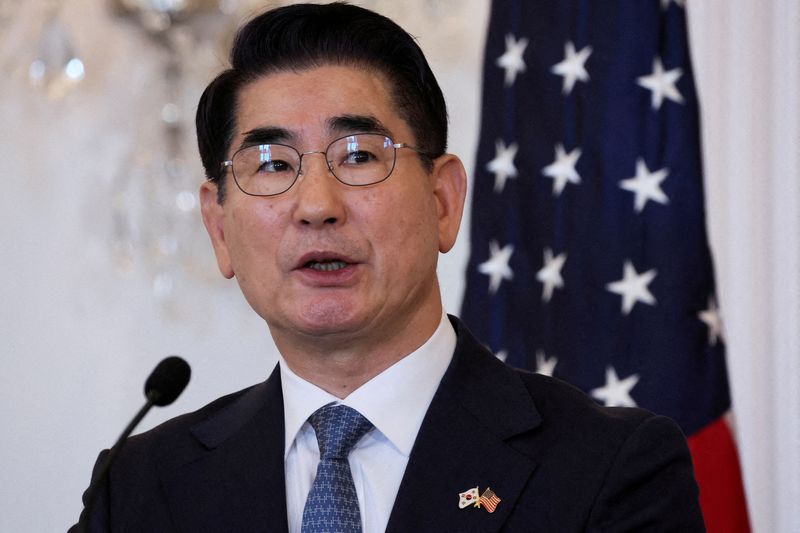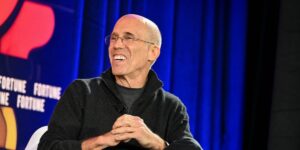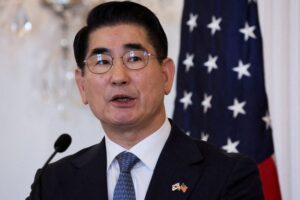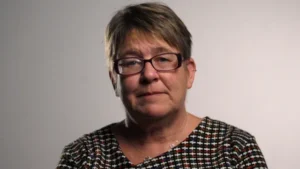Explainer-Who is Kim Yong-hyun, ousted South Korean defence minister who attempted suicide?

By Hyonhee Shin
SEOUL (Reuters) – Kim Yong-hyun, a former defence minister and close confidant to South Korean President Yoon Suk Yeol, became the first official to be arrested late on Tuesday over Yoon’s martial law declaration.
Kim attempted to take his own life while in detention, officials said on Wednesday.
Here is what we know about Kim and his role in the martial law attempt.
WHO IS KIM YONG-HYUN?
Kim was born in 1959 in the southeastern coastal town of Masan. He joined the Korea Military Academy, which educates and trains army cadets, in 1978 and took up multiple key roles including capital defence commander and chief of operations at the Joint Chiefs of Staff before retiring in 2017 as a three-star general.
Under Yoon, he served as his inaugural minister of presidential security service until he was appointed as defence minister last September.
Kim has displayed hardline views on North Korea and general security issues, warning in his first speech as defence chief that the regime of North Korean leader Kim Jong Un would pay a “horrendous price” and ultimately see its end if it staged a provocation.
WHAT IS HIS RELATIONSHIP WITH YOON?
When Yoon nominated Kim to defence minister last August, his chief of staff described him as the person who “understands the commander-in-chief’s intentions better than anyone else”.
Kim went to the Chungam High School in Seoul, also attended by Yoon, which had helped them build rapport and eventually laid groundwork for what opposition lawmakers called the Chungam faction – Yoon’s closest circle of confidants – which also included now-resigned interior minister Lee Sang-min and defence counter-intelligence commander Yeo In-hyeong.
Kim, together with Lee, had been the longest serving official since Yoon took office in May 2022.
WHAT ROLE DID HE PLAY IN THE MARTIAL LAW ATTEMPT?
At an unplanned cabinet meeting that Yoon convened minutes before his late-night declaration on Dec. 3, Kim recommended imposing martial law, Lee and other officials told parliament.
The army’s Special Warfare Commander Kwak Jong-geun also testified on Tuesday that Kim on Dec. 1 ordered the deployment of troops to “seize control” of six locations – the parliament, the main opposition Democratic Party’s headquarters, three offices of the National Election Commission and a polling firm run by a left-wing YouTuber.
Kim’s actions were an about-face from his denial of accusations from the opposition during his confirmation hearing in September that the Chungam fraternity had been planning for martial law, calling them “false political propaganda.”
WHAT HAS HAPPENED SINCE AND WHAT’S NEXT?
Kim has stepped down and faces criminal investigations. He was banned from leaving the country and has been detained since Sunday over charges of insurrection and abuse of power, among others.

Just before a court approved an arrest warrant late on Tuesday, Kim attempted suicide using a shirt and underwear at a detention centre in Seoul, the Justice Ministry said on Wednesday, adding his life was not currently in danger.
Kim did not attend the court hearing for the warrant but issued a statement through his lawyer, apologising for causing anxiety and inconvenience to the people and saying that all responsibilities for the crisis “lie solely with me.”






